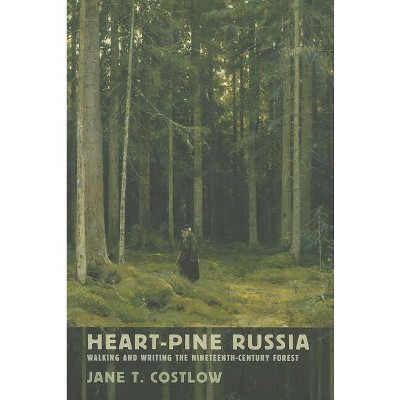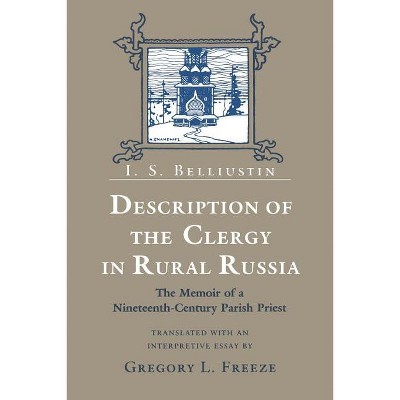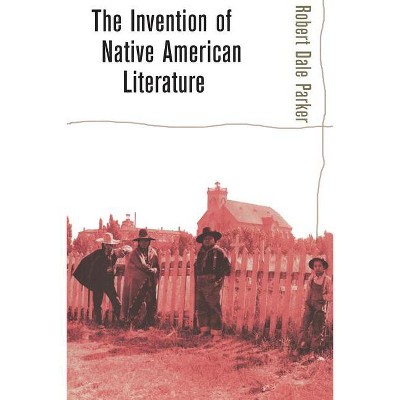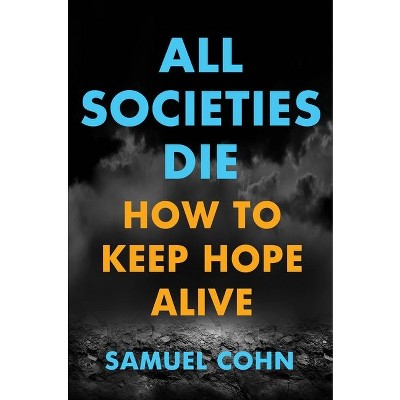Sponsored

Russia and Soul - by Dale Pesmen (Paperback)
In Stock
Sponsored
About this item
Highlights
- This ethnography of everyday life in contemporary Russia is also an examination of discourses and practices of "soul" or dusha.
- About the Author: Dale Pesmen received her Ph.D. in anthropology from the University of Chicago and is a visual artist and independent scholar.
- 384 Pages
- Social Science, Anthropology
Description
About the Book
This ethnography of everyday life in contemporary Russia is also an examination of discourses and practices of "soul" or dusha. Russian soul has historically appeared as a myth, a consoling fiction, and a trope of national and individual...
Book Synopsis
This ethnography of everyday life in contemporary Russia is also an examination of discourses and practices of "soul" or dusha. Russian soul has historically appeared as a myth, a consoling fiction, and a trope of national and individual self-definition that drew romantic foreigners to Russia. Dale Pesmen shows that in the 1990s this "soul" was scorned, worshipped, and used to create, manipulate, and exploit cultural capital. Pesmen focuses on "soul" in part as what people chose to do and how they did it, especially practices considered "definitive" of Russians, such as hospitality, the use of alcoholic beverages, steam baths, Russian language, music, and suffering. Attempting to avoid narrow definitions of soul as a thing, Pesmen developed a new way of structuring ethnographic interviews.During her stay in a formerly "closed" military industrial city and surrounding villages, Pesmen spent time on public transportation and in kitchens, steam baths, vegetable gardens, shops, and workplaces. She uses stories from her fieldwork along with examples from the media and literature to introduce a phenomenology of russkaia dusha and of related American and other non-Russian metaphysical notions, exploring diverse elements in their makeup, examining and questioning the world created when people believe in the existence of such "deep," "vast," "enigmatic," "internal" centers. Among theoretical issues she addresses are those of power, community, self, exchange, coherence, and morality. Pesmen's attention to dusha gives her a multifaceted perspective on Russian culture and society and informs her rich portrayal of life in a Russian city at a historically critical moment.
Review Quotes
A brilliant book that is highly recommended.
-- "Library Journal"Certainly the best and most intricate book ever written about how crucial, barely definable words in the Russian language... combine to shape the Russian character... As Pesmen unpacks her rich material with marvelous learning and verve, the indomitable spirituality of the Russian personality after 70 years of Soviet misery and 10 of capitalist corruction emerges.
-- "The Philadelphia Inquirer"Dale Pesmen has written a beautiful book about a grand but hard-to-grasp topic: the soul. The specific soul under investigation here is dusha, a specific Russian one, but Pesmen is careful not to preclude affinities with the souls of peoples from other countries. Soul, essentially, is about life, and so if Pesmen's book.
-- "Slavic Review"Dale Pesmen... is sensitive, perceptive, responsive, curious, and obsevant. Judging from her account, she has learned excellent Russion. She presents a vivid picture, which an experienced Russian hand witth recognize as authentic, of Russian habits and conversations in a mid-sized Siberian city. Her powers of illuminating description of places, situations, and people are admirable.
-- "Russian Review"The book provides some wonderful insights into Russians' recent struggles with their own identities.
-- "Booklist"About the Author
Dale Pesmen received her Ph.D. in anthropology from the University of Chicago and is a visual artist and independent scholar.
Shipping details
Return details
Trending Non-Fiction











